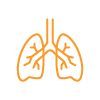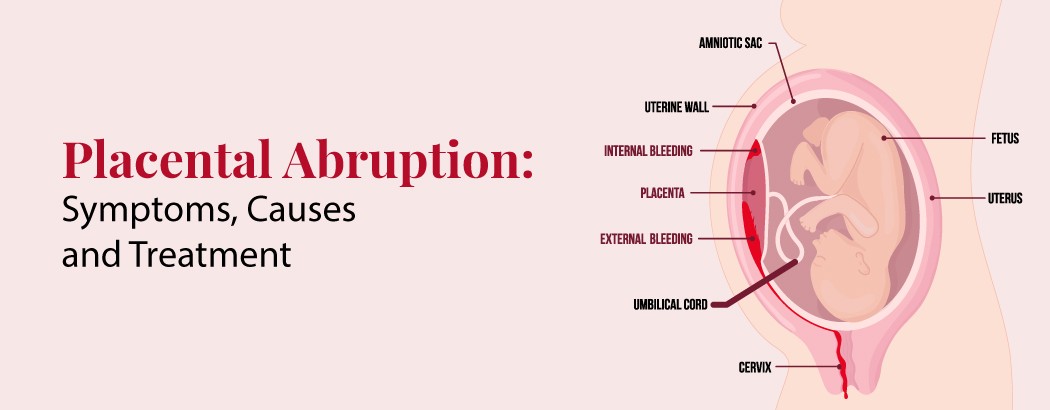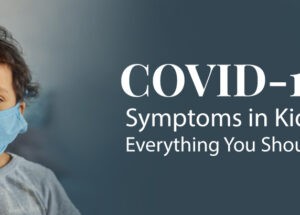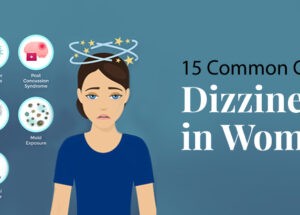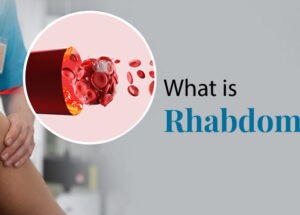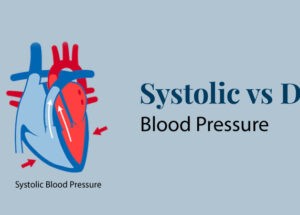What are the stages of lung cancer
June 30, 2022

Knowing the stage of your lung cancer can help you better understand your treatment options. This tells you where a tumour or cancer cells are located in your lungs, how large your tumour is now, and if your cancer has spread.
There are two main types of lung cancer: small cell and non-small cell. Each has its unique staging. Knowing the stage helps your doctor choose the right treatment for you. It can also help them gauge your chances of success with this treatment.
The TNM System
The TNM system is a way to classify diseases by their symptoms.
- T – your lung cancer stage is based on how big the tumour is and where it is located in your lungs or body.
- N – indicates the number of times a node is involved in a certain path. For example, this test determines whether or not your cancer has spread to your lymph nodes near your lungs.
- M – stands for metastasis. This means whether or not your cancer has spread.
Lung cancer can spread to your other lungs, liver, bones, brain, kidneys, adrenal glands, or other body parts.
Your doctor can identify your tumour’s stage by listing the letters and numbers 0-4. They will measure the size of your tumour in centimetres to give it a number. The higher the number, the more your tumour has grown or spread. They could also use X as a number. This means the tumour cannot be measured, or it is unclear how far it has spread. When your doctor says your lung cancer is “unresectable,” surgeons can’t remove it.
Small-Cell Lung Cancer Stage
If you have this type of cancer, your doctor may use the TNM system to classify it. They will assign your cancer a stage according to its severity.
If you have this type of cancer, your doctor may use the TNM system to classify your cancer. They will then place your cancer in one of two main stages:
Limited stage: It’s in just one lung and possibly near lymph nodes. It has not spread to all lungs or bypassed your lungs.
Extensive stage: Your tumour has spread to other parts of your lungs and chest. It may have spread to the fluid around your lungs (the pleura) or other organs.
Non-Small-Cell Lung Cancer
Non-small-cell lung cancer is more common than small-cell lung cancer. Its clinical-stage can classify NSCLC. Doctors may use image scans to take pictures of the body to confirm the clinical stage of cancer. A small piece of tissue may be taken from the tumour and biopsied to confirm the diagnosis.
If you have cancer surgery, your doctor can look at your tumour and find out the pathological stage of your cancer. This report tells your doctor how far cancer has spread or grown.
The most common way to stage NSCLC is using the TNM system, with the numbers X, 0, 1, 2, 3, or 4 after each letter.
Number and letter combinations include
- The width of your tumour, measured in centimetres, or if it’s too small even to measure
- Where your tumour is in your lungs
- When there is more than one tumour in the same lung
- If your airways are partially blocked or so congested that a collapsed lung or pneumonia may occur
- If the tumour has spread to your lymph nodes or other organs
Doctors may use general stages to classify NSCLC. For example, your doctor may use the TNM system and numbers to determine the stage of cancer in each of the following cases:
- Occult Stage: Cancer cells can be found in the mucus you cough up. No tumour can be seen by image scan or biopsy. It’s also known as hidden cancer.
- Stage 0: The tumour is microscopic. The cancer cells haven’t spread to other parts of your body or other people.
- Stage 1: The cancer is located in your lung tissue but is not present in your lymph nodes.
- Stage 2: The disease may spread to the lymph nodes near your lungs.
- Stage 3: There is a possibility that the disease has spread to your lymph nodes near your lungs.
- Stage 4: Cancer has spread throughout your body. It could have spread to your brain, bones, or liver.
Symptoms of Lung Cancer
Lung cancer usually has no symptoms in its early stages. However, if the cancer is symptomatic, it may cause shortness of breath, coughing, or chest pain. When signs of illness begin to appear, they may include:
- Chronic, hacking, raspy cough, sometimes with bloody phlegm
- Changes in a cough that you have had for a long time
- Respiratory infections that keep coming back, including bronchitis or pneumonia
- Shortness of breath that gets worse
- Wheezing
- Persistent chest pain
- Hoarseness
- Swelling of the neck and face
- Pain and weakness in your shoulder, arm, or hand
- Fatigue, Weakness, weight loss and appetite, fever that comes and goes
- Severe headache and body aches
- Difficulties swallowing
People also ask
1. What are the four stages of lung cancer?
The most common types of lung cancer include lung nodules, non-small cell lung cancer, small cell lung cancer, and mesothelioma. Rare lung cancers often don’t originate in the lung.
2. Is lung cancer curable at stage 4?
There is currently no cure for lung cancer in its stage 4 stage. However, certain treatments can help to alleviate the symptoms and may prolong a person’s life. The best treatment approach depends partly on the type of lung cancer. There are two main types of lung cancer, non-small cell lung cancer (NSCLC) and small cell lung cancer (SCLC).
3. Is Stage 3 lung cancer still curable?
Currently, there is no cure for stage 3 lung cancer, but many people survive and experience less pain with treatment. Sometimes, a person with stage 3 lung cancer may live for another 5 years or more.
4. Is lung cancer curable at any stage?
Like many other cancers, the key to survival for lung cancer is to catch it in the early stages when it is most treatable. The cure rate can be as high as 80% to 90% for patients with small, early-stage lung cancer.


